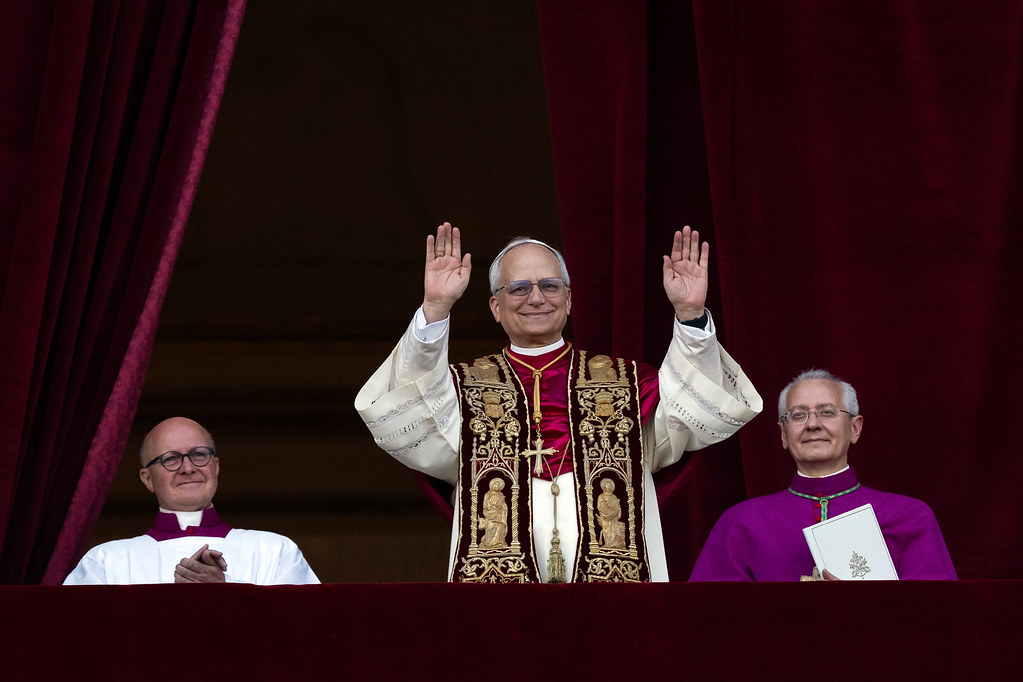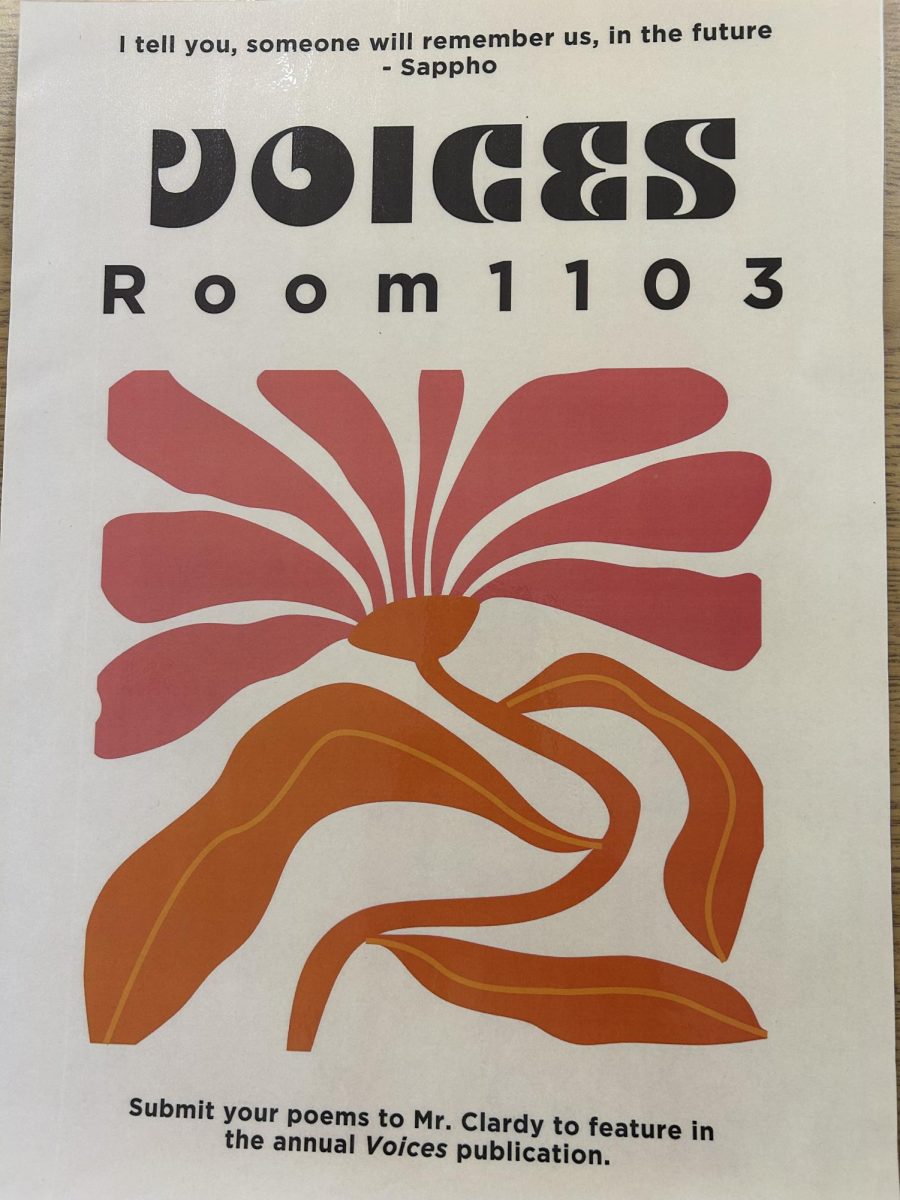After a hard-fought election year in Taiwan, the pro-independence Democratic Progressive Party (DPP) will retain its position, holding the presidency for the third straight term. Come this May, due to reaching the two-term limit, President Tsai Ing-wen will hand the reins over to President-elect Lai Ching-Te. Lai, the former Vice President, ran on a ticket of pro-democracy and separation from China. Furthermore, he vows to strengthen the independence of the island politically and economically.
Lai Ching-Te has also expressed sincere interest in engaging with Beijing, although the mainland has refused to recognize or communicate with Taiwan’s leaders since 2016 – when the DDP initially took control. In showing support for peace, Lai stated, “We are ready and willing to engage to show more for the people on both sides of the Taiwan Strait. Peace is priceless and war has no winners.” However, China has stated Taiwan did not choose peace. For instance, Chinese head of China-Taiwan Relations Zhang Zhijun, standardized Beijing’s view on the elections. Zhijun stated, “The two elections in the Taiwan region are important choices between the prospects for peace and war, prosperity and decline.” Despite that China did not publicly state a preferred candidate or party, framing the Taiwanese elections as a choice between peace and war implies that the DPP’s opposition parties, the Kuomintang (KMT) and the Taiwan People’s Party (TPP) are the preferred parties.
Furthermore, the KMT has run on a ticket supporting peaceful means of reintegration of Taiwan into the Chinese constitution under the “one country, two systems” framework. Less extreme, the TPP has run on a ticket to maintain the status quo, believing it more necessary that Taiwan maintain economic relations with both the United States and China.
In their immediate response, China is doing nothing. In an official statement published by the Ministry of Foreign Affairs – despite claiming Taiwan, sometimes these matters fall under foreign, not domestic, relations – China stated that their policy will not change in response to Taiwan’s election. Beijing will stand firm in its one-China principle, and continue to oppose Taiwanese independence and the “two Chinas” principle. Furthermore, arguing that maintaining the one-China policy is the action taken for peace, Beijing believes that both the international community and their citizens understand and support their chosen policy and their current strive towards reunification.
In a move not new in China, the mainland government has censored and manipulated conversation on social media – this time about the Taiwanese elections. On the Chinese social media site Weibo, the hashtag, “Taiwan election,” was among the top trending. In response, the government blocked the hashtag at 9:45 am local time (long after polls closed the night before). Despite that some posts were still visible, the vast majority were deleted, and those that remained were often very similar – if not the same. Furthermore, in the days following the election, one trending topic became the statement by the Chinese foreign ministry — “the basic fact that Taiwan is a part of China will not change.” However, all posts related to this topic were the same, implying some sort of botting was used – and that all other posts were removed.
Even more, on the day of the event the topic had 419 million views, yet the next day, the day after it had 0. Additionally, China’s Little Red Book (Xiaohongshu) which acts like a super app – an app with many uses such as a search engine, commerce platform, and social media site – has also been manipulated. Searching either the Taiwanese election, the Democratic Progressive Party, or Lai Ching-Te himself, all led to 0 results.
Seeing as Taiwan continues to take steps towards democracy and stronger ties with the West, time will tell if there is a military response from China and if Taiwanese citizens choose war over peace.















